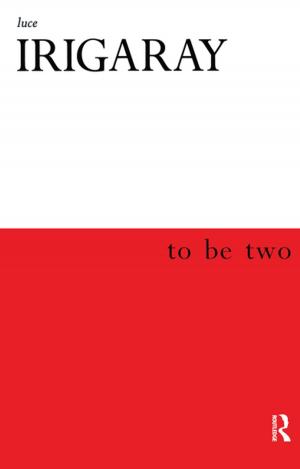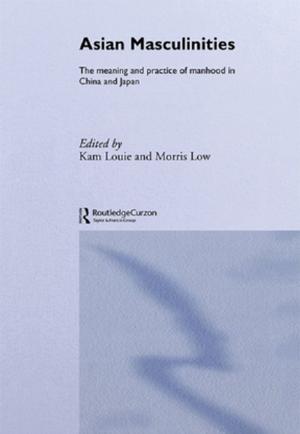| Author: | Jamie C. Kassler | ISBN: | 9781317028598 |
| Publisher: | Taylor and Francis | Publication: | May 15, 2017 |
| Imprint: | Routledge | Language: | English |
| Author: | Jamie C. Kassler |
| ISBN: | 9781317028598 |
| Publisher: | Taylor and Francis |
| Publication: | May 15, 2017 |
| Imprint: | Routledge |
| Language: | English |
Roger North is known today as a biographer and writer on music, architecture and estate management. Yet his writings, including thousands of pages still in manuscript, also contain critical reflections about intellectual and social changes taking place in England. This feature is little recognised, because North's reputation as an author was formed between 1740 and 1890, when seven of his manuscripts were published in editions that drastically altered his original texts, and when the reception of these works was influenced by 'Whig' criticism. Although some of North's writings were later edited according to more rigorous standards, many critics still utilise the discredited editions and continue to repeat 'Whig' stereotypes of North. Eschewing such stereotypes, Jamie C. Kassler provides the first interpretation of North's philosophy by retrieving what is consistent in his pattern of thought and by analysing some of his practices and purposes as a writer. By these methods, she shows that North, a common lawyer by profession, combined the moral scepticism of Montaigne with the legal philosophy of Coke, Selden and Hale. The result was a sceptical philosophy that accounts for North's critical reflections on the dogmatism of natural-law doctrine, both in its medieval intellectualist version and in its voluntarist reformulation that began with Grotius and was developed by Hobbes, Pufendorf and Locke. Kassler bases her interpretation on a wide range of North's writings, even those in which one might least expect to find a philosophy. In addition, one of his manuscripts, which is edited here for the first time, includes an exposition of his jurisprudence, as well as his attempt to bring England's past into the legal tradition. These features form part of North's broader argument that language, including the language of law, is the invention of humans and a representation of their changing history and habits, an argument that he later extended to musical 'language' in his more finished essay, 'The Musicall Grammarian' (1728).
Roger North is known today as a biographer and writer on music, architecture and estate management. Yet his writings, including thousands of pages still in manuscript, also contain critical reflections about intellectual and social changes taking place in England. This feature is little recognised, because North's reputation as an author was formed between 1740 and 1890, when seven of his manuscripts were published in editions that drastically altered his original texts, and when the reception of these works was influenced by 'Whig' criticism. Although some of North's writings were later edited according to more rigorous standards, many critics still utilise the discredited editions and continue to repeat 'Whig' stereotypes of North. Eschewing such stereotypes, Jamie C. Kassler provides the first interpretation of North's philosophy by retrieving what is consistent in his pattern of thought and by analysing some of his practices and purposes as a writer. By these methods, she shows that North, a common lawyer by profession, combined the moral scepticism of Montaigne with the legal philosophy of Coke, Selden and Hale. The result was a sceptical philosophy that accounts for North's critical reflections on the dogmatism of natural-law doctrine, both in its medieval intellectualist version and in its voluntarist reformulation that began with Grotius and was developed by Hobbes, Pufendorf and Locke. Kassler bases her interpretation on a wide range of North's writings, even those in which one might least expect to find a philosophy. In addition, one of his manuscripts, which is edited here for the first time, includes an exposition of his jurisprudence, as well as his attempt to bring England's past into the legal tradition. These features form part of North's broader argument that language, including the language of law, is the invention of humans and a representation of their changing history and habits, an argument that he later extended to musical 'language' in his more finished essay, 'The Musicall Grammarian' (1728).















